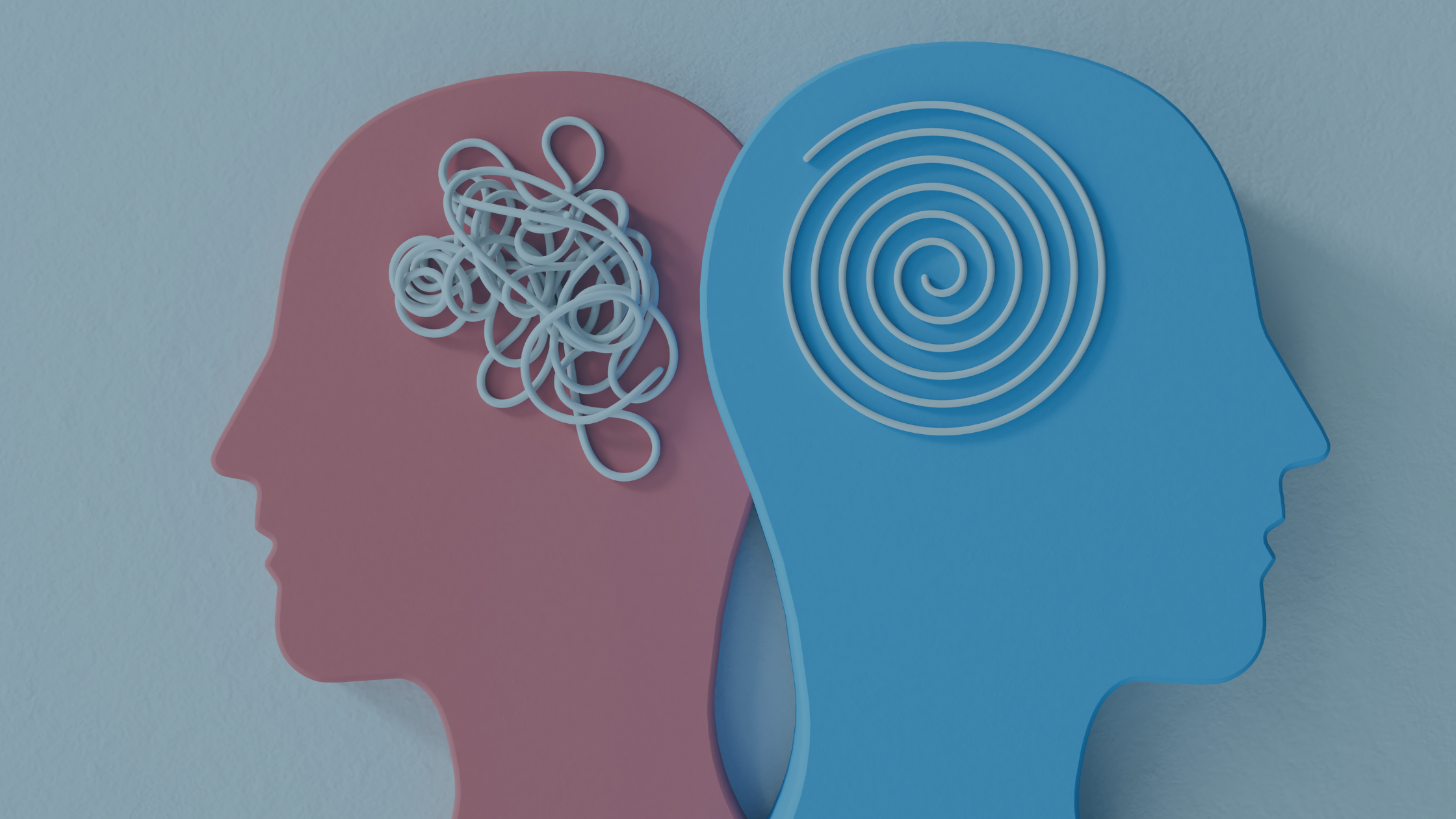World Mental Health Day reminds us that wellness isn't a destination. It's a daily practice.
October 10th marks World Mental Health Day, a time when millions of people reflect on their mental wellness journey. But for those of us navigating the demands of midlife, this day serves as more than awareness. It's a reminder that mental strength isn't built in grand gestures. It's built into the small, consistent choices we make every single day.
If you're feeling like your mental bandwidth has shrunk, your stress tolerance has dropped, or your energy reserves run empty by mid-afternoon, you're not alone. The pressures of career peaks, aging parents, teenagers heading to college, and bodies that recover differently than they did at 30 create a perfect storm of mental load.
But here's what we've learned: mental wellness in midlife isn't about powering through. It's about building recovery into your daily rhythm.
The Hidden Connection Between Mental Health and Recovery
Research from the Harvard T.H. Chan School of Public Health shows that our mental health is deeply connected to how well our bodies recover from daily stress. When we're constantly in "go mode" without proper recovery, our stress response system stays activated, affecting everything from our mood to our decision-making ability.
The American Psychological Association reports that adults aged 35-44 experience the highest stress levels of any age group, with work, family, and health concerns topping the list. Yet most approaches to mental wellness focus on managing stress rather than building the body's capacity to recover from it.
That's where daily wellness rituals make all the difference.
What Mental Wellness Looks Like in Real Life
Mental wellness isn't about achieving a zen-like state of calm. For most of us, it's about having enough mental energy to handle what life throws at us without feeling depleted. It's about sleeping well enough that you wake up with patience for your teenager's attitude. It's about having focus that lasts through the afternoon meeting. It's about feeling steady when everything around you feels chaotic.
Mental wellness is having the resilience to bounce back.
And resilience isn't built through willpower alone. It's built through practices that support your body's natural recovery systems.
The Four Pillars of Daily Mental Wellness
1. Foundation: Quality Recovery Sleep
Mental wellness starts when your head hits the pillow. During sleep, your brain processes the day's emotions, consolidates memories, and resets neurotransmitter levels that affect mood and focus.
The ritual: Create a consistent bedtime routine that signals to your nervous system that it's time to shift from "doing" mode to "recovery" mode. This might include dimming lights, putting devices away, and using natural sleep support when your mind won't quiet down.
What works: Combining relaxation techniques with gentle sleep support helps your body ease into deeper recovery. Many people find that taking natural sleep aids containing melatonin and calming botanicals 30 minutes before bed helps them fall asleep faster and wake up feeling more mentally refreshed.
2. Clarity: Sharp Focus Without Overwhelm
Mental wellness requires the ability to focus on what matters without feeling scattered or overwhelmed. But stimulants like excessive caffeine can create jittery energy that actually increases anxiety.
The ritual: Start your day with support that provides calm alertness rather than amped-up energy. Look for combinations that include focus-supporting ingredients alongside calming compounds.
What works: Formulas that combine moderate caffeine with L-theanine, CBD, and B vitamins can provide steady mental energy without the crash or jitters that worsen stress levels.
3. Resilience: Daily Immune and Stress Support
Your mental wellness is directly connected to your physical resilience. When your body is running on empty, your mental reserves follow suit.
The ritual: Support your body's natural stress response with adaptogens and functional ingredients that help you stay steady under pressure.
What works: Daily support with functional mushrooms like Lion's Mane for cognitive function, Reishi for stress response, and Cordyceps for sustained energy helps build the physical foundation for mental resilience.
4. Recovery: Managing Daily Tension
Mental stress often shows up as physical tension. That tight jaw, those raised shoulders, the knot in your stomach when you're overwhelmed. Managing physical tension is part of managing mental wellness.
The ritual: Build in moments throughout the day to release accumulated tension, whether through gentle movement, breathing exercises, or natural calming support.
What works: Having options for in-the-moment relief, like natural gummies with CBD that help calm your nervous system without sedation, gives you tools to reset when stress levels spike.
Building Your Personal Wellness Ritual
The most effective wellness rituals are the ones you'll actually stick with. They fit into your real life, not some idealized version of it.
Morning Foundation: Start with support for mental clarity and physical resilience. Take your daily wellness blend and focus support with your first cup of coffee.
Midday Reset: When the afternoon stress hits, have tools available for quick reset. Natural calming support that you can take anywhere helps you stay steady through challenging moments.
Evening Recovery: Create a wind-down routine that prepares both your body and mind for restorative sleep. Apply topical relief to areas of physical tension, take natural sleep support, and engage in calming activities.
Weekend Restoration: Use weekends for deeper recovery practices. Longer sleep, gentle movement, time in nature, and activities that restore rather than deplete your energy.
The Compound Effect of Daily Wellness
Here's what happens when you consistently support your mental wellness through recovery-focused practices:
Week 1-2: You start noticing better sleep quality and more stable energy throughout the day.
Week 3-4: Your stress tolerance improves. Things that used to derail your entire day become manageable bumps.
Month 2-3: You develop confidence in your ability to handle challenging situations because you know you have tools that work.
Long-term: Mental wellness becomes less about crisis management and more about maintaining the resilience to thrive through whatever life brings.
Beyond Awareness: Taking Action
World Mental Health Day isn't just about awareness. It's about taking concrete steps toward the mental wellness you deserve.
Start where you are. You don't need to overhaul your entire life overnight. Pick one area where you need the most support and begin there.
Be consistent. Small, daily actions compound into significant changes over time.
Listen to your body. Mental wellness and physical wellness are interconnected. Support both.
Get the right tools. Having natural, effective support for sleep, focus, stress, and tension gives you options when willpower isn't enough.
Your Mental Wellness Toolkit
Ready to build your daily wellness ritual? Consider starting with these foundations:
For Sleep: Natural sleep support with melatonin, CBD, and calming botanicals helps your mind transition from the day's stress to recovery mode.
For Focus: Calm alertness support with balanced caffeine, L-theanine, and CBD provides mental clarity without jitters or crashes.
For Resilience: Daily wellness formulas with functional mushrooms and adaptogens build your body's capacity to handle stress.
For Recovery: Natural tension relief options, both topical and internal, give you tools to reset when stress accumulates.
Mental wellness is your foundation for everything else that matters. And it's built one day, one choice, one moment of recovery at a time.
This World Mental Health Day, choose to build rather than just survive. Your future self will thank you.
Ready to start building your daily wellness ritual? Explore our complete line of recovery-focused products designed to support mental wellness through better sleep, clearer focus, and natural stress recovery. Visit xtreme-brands.com to learn more.



Share:
Recovery Starts When Your Head Hits the Pillow: The Real Truth About Sleep
The Great Topical Showdown: CBD vs. Mushrooms (Spoiler Alert: They're Both Winners)